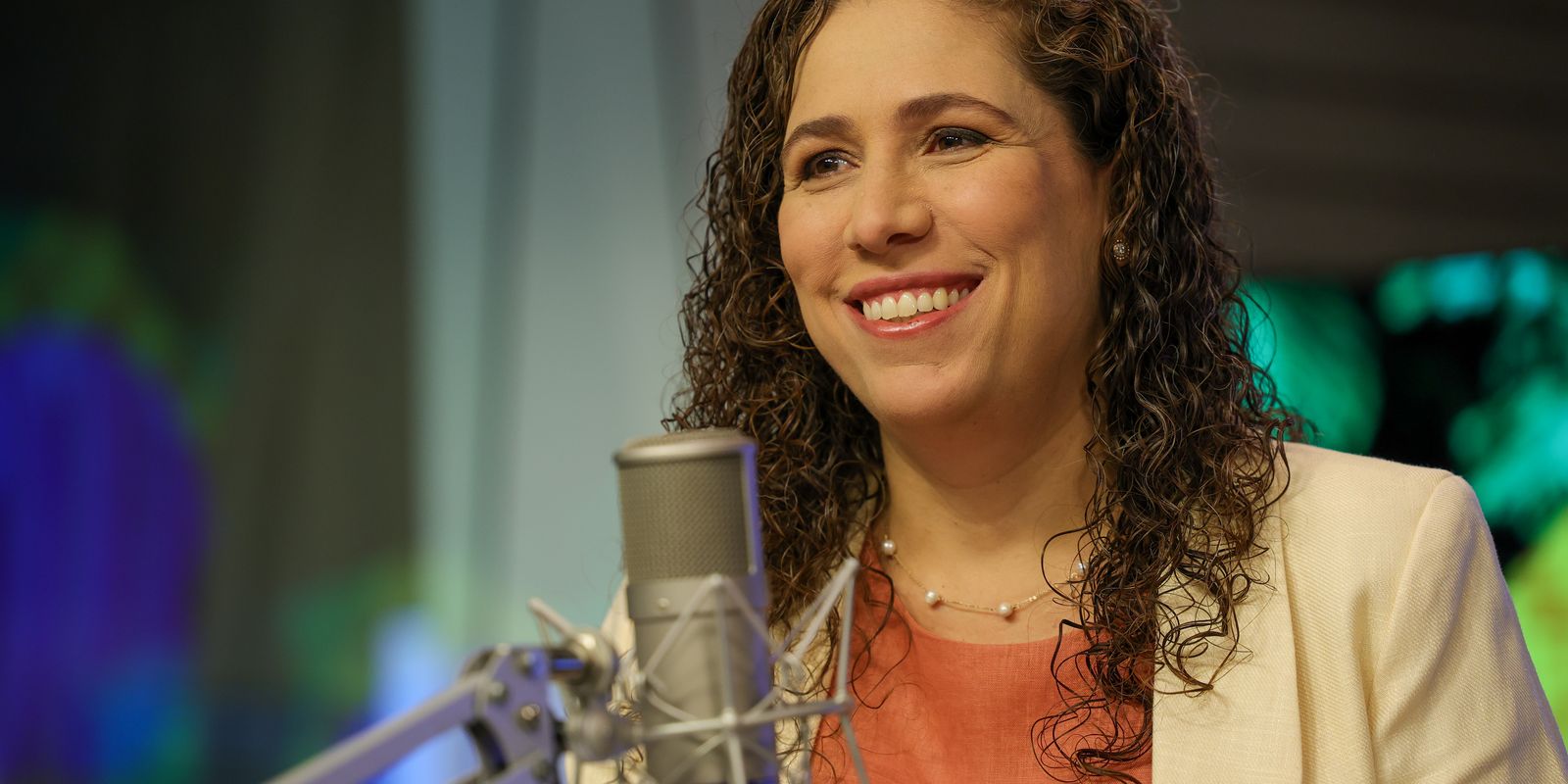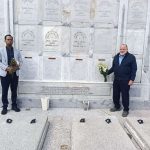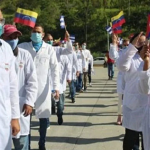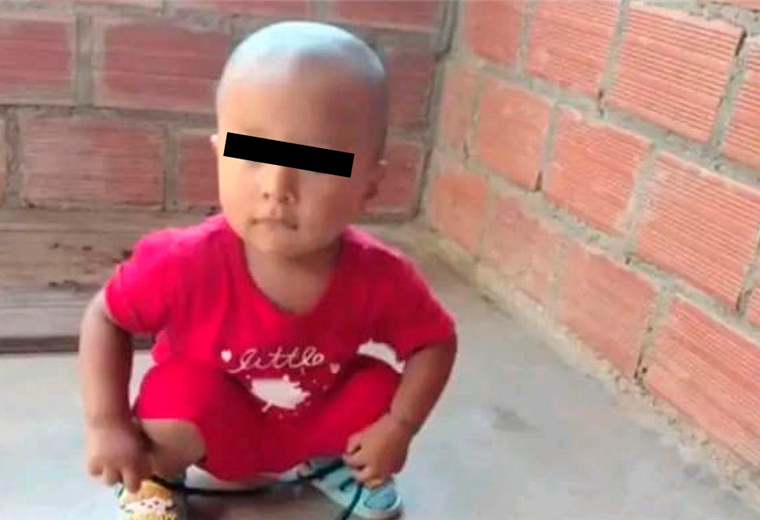The Minister of Management and Innovation in Public Services, Esther Dweck, stated this Sunday (18) that the application of the Unified National Competition (CNU) tests occurred “without any complications”. 
In an interview, she gave an overview of the first part of the tests, which took place in the morning and were dedicated to writing and discursive questions. In the afternoon, candidates answered objective questions.
According to the minister, the tests arrived correctly at the locations and began to be administered promptly at 9 am. Some locations experienced power outages, but the service was restored.
According to the ministry, the material was delivered by the Post Office, without any problems, to all of the more than 3,600 application sites. There were 170 tons in 20,000 bags.
The gates opened to the 2.1 million candidates at 7:30 a.m. and closed at 8:30 a.m., while the tests began at 9 a.m. and concluded at 11:30 a.m. in the 228 Brazilian municipalities. For higher education candidates, the tests were general knowledge and discursive, while for secondary level candidates, they were Portuguese and writing.
The second stage of the competition will be held this afternoon. The gates opened at 1:00 p.m. and closed at 2:00 p.m., with the tests starting at 2:30 p.m. For high school candidates, the exam, which involves questions on law, mathematics and reality, will end at 5:30 p.m. For higher education candidates, the specific knowledge tests will end at 6:00 p.m.
Diversity
Esther Dweck highlighted that the CNU had a large number of candidates who will compete for positions through quotas for black people and people with disabilities, in addition to indigenous people. Around 400 thousand people are in this situation.
“We are very happy about this, and the idea is to increase diversity to help in the development of public policies,” he added.
At around 7pm, the minister is expected to give a new interview to disclose the final results of the application of the tests.
This Sunday (18), around 2 million candidates will take tests across the country to fill 6,640 vacancies in 21 federal public administration bodies. It is the largest public competition in the history of Brazil.
















